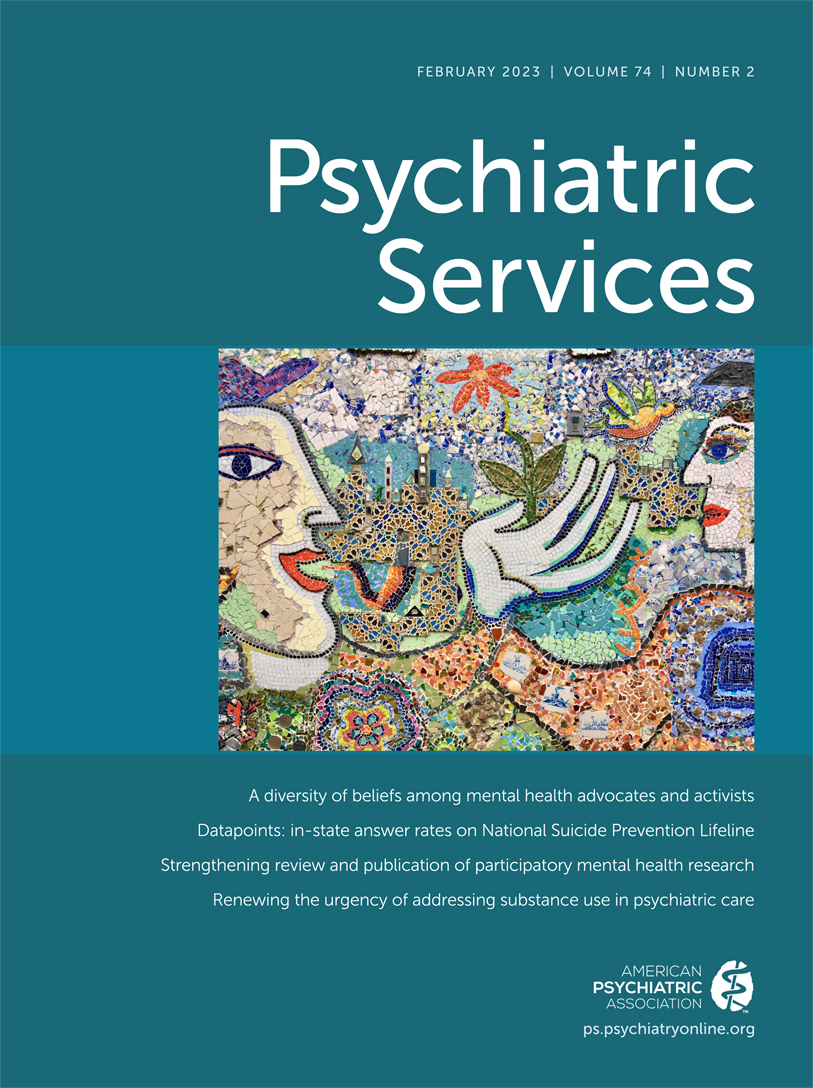Socioeconomic Predictors of Treatment Outcomes Among Adults With Major Depressive Disorder: In Reply
IN REPLY: We appreciate Dr. Cohen’s thoughtful response to our article (1), which contextualizes our findings with regard to the broader literature on the impact of socioeconomic factors on mental health outcomes within randomized controlled trials. That our findings are similar to those from earlier studies is reassuring given the difficulties in measuring these factors. However, Dr. Cohen reminds us that the relationship between educational attainment and depression outcomes is abstruse. Educational attainment is difficult to measure accurately; neither number of years of education nor degree attainment fully captures the complexity of the educational experience. The impact of education on these outcomes may relate to exposure to differing perspectives, broader sociocultural experiences, and the development of critical thinking skills. Hence, more data are required to overcome the unavoidable “measurement noise.” Advances in statistical methodology now enable better estimation of these effects with noisy and heterogeneous data (2). Researchers can weight and combine the evidence across studies to address this heterogeneity and the confounding effects of socioeconomic status (SES)–related variables (3).
We fully agree with the next steps for research outlined by Dr. Cohen. Measuring SES, although difficult, is critically important if clinicians are to mechanistically understand the relationship between SES factors and mental health outcomes. There is an urgent need for more consistent, dimensional, and comprehensive measures of SES in clinical trials. Further, Dr. Cohen points out that the extant literature largely examines short-term treatment outcomes. For clinical trials, this is understandable; it minimizes costs, hastens trial completion, and reduces implementation barriers. However, we agree that to develop a principled understanding of the relationship between SES and treatment response, longer-term outcomes must be examined.
Patients’ lived environments profoundly affect the efficacy of treatments. Relatedly, we included race in our analysis. Race may serve as a proxy for a plethora of otherwise unmeasured social, cultural, and socioeconomic influences on patients’ well-being and hence efficacy of treatment. It is sobering that our findings reveal that simply providing access to mental health treatments fails to mitigate the race-related disparities in treatment outcomes, even when analyses controlled for SES-related variables.
Lastly, and most importantly, as Dr. Cohen concludes, the data available warrant action. Social and economic policies and interventions are indeed needed to improve socioeconomic conditions, and, as with the examples of improved public health by providing clean water and waste disposal, evidence-supported interventions could have dramatic long-term impact on the efficacy of mental health treatment across the socioeconomic spectrum.
1. : Socioeconomic predictors of treatment outcomes among adults with major depressive disorder. Psychiatr Serv 2022; 73:965-969Link, Google Scholar
2. : What next? A Bayesian hierarchical modeling re-examination of treatments for adolescents with selective serotonin reuptake inhibitor-resistant depression. Depress Anxiety 2022; 37:926-934Crossref, Google Scholar
3. : Combining selective serotonin reuptake inhibitors and cognitive behavioral therapy in youth with depression and anxiety. J Affect Disord 2022; 298:292-300Crossref, Medline, Google Scholar



